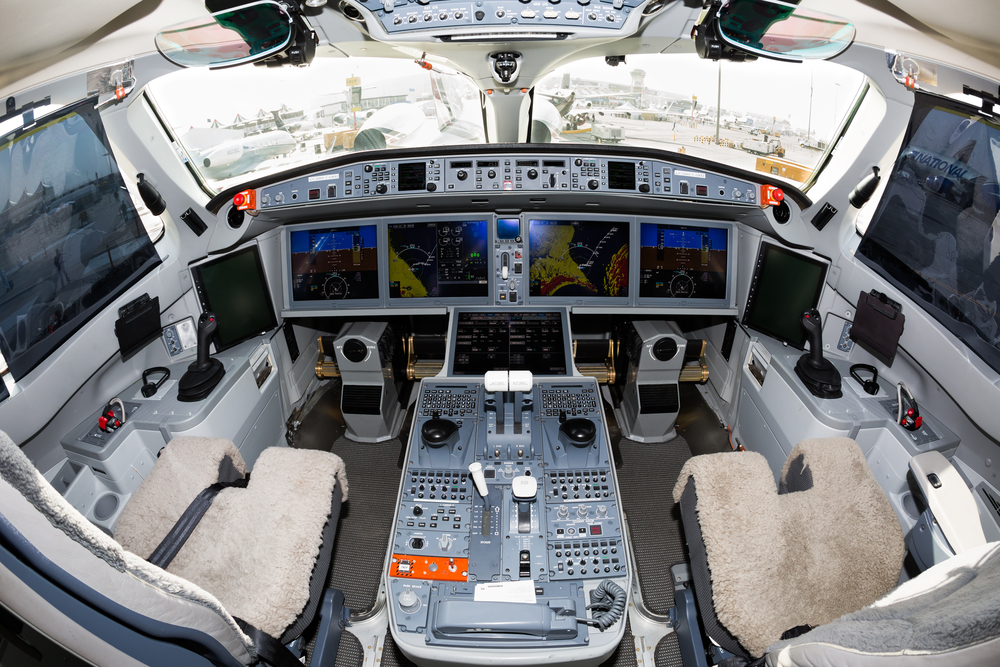Women have played an integral role in the history of aviation, with notable figures such as Harriet Quimby the first woman to gain a pilot’s license in the United States in 1911, Margaret Dunseith who was Canada’s first active female air traffic controller, Betty C. Dillon was the first women in International Civil Aviation Organization (ICAO) Council in 1971, amongst others paving the way for future generations. However, despite their contributions, the aviation industry still faces one of the greatest gender gaps in the entire industry.
The aviation industry is expected to reach 19.7 billion by 2040 based on a projected growth rate of 3.7% per annum according to ACI World Insights. With these statistics in mind, the gender gap in the aviation sector stunts the growth of the industry. Women have been making significant strides in this industry despite roadblocks for gaining a professional career in aviation.
In March of 2023, India’s airline regulatory body released reports that 15% of the pilots in the country were comprised of women, which is significantly higher than the global rate at 5%. Globally, according to ICAO’s latest global survey on the status of licensed aviation personnel by gender, the participation of women in the aviation industry has increased overall. Specifically, the percentage of women holding positions as pilots, air traffic controllers, and maintenance technicians has increased from 4.5% globally in 2016 to 4.9% in 2021. This increase is a positive sign of progress towards gender equality in the aviation industry.
Here are five women who are braving a challenging career in the aviation industry:
Aarohi Pandit: Pandit is an Indian pilot who made history in 2019 by becoming the world’s first woman pilot and the youngest pilot at the age of 23 to cross both the Atlantic and Pacific Oceans solo in a light-sport aircraft. Her aircraft weighed only 330 kg, Mahi VT NBF, a Pipistrel Sinus.
She finished her schooling at 17 and enrolled at The Bombay Flying College of Aviation in Maharashtra. Her historic feat has garnered global recognition and has inspired many young women to pursue careers in aviation. Pandit’s achievement is a testament to the progress being made towards gender equality in the aviation industry.
Avani Chaturvedi: Chaturvedi hails from Madhya Pradesh, after completing her bachelor’s in technology. She enrolled at the Air Force Academy, finishing training at 25.
Chaturvedi was inducted into the IAF as Squadron leader along with Mohana Jiterwal and Bhawana Kanth in 2016. On February 19, 2018, Avani Chaturvedi created history by becoming the first Indian woman to fly a fighter aircraft solo when she piloted a MiG-21 Bison.
Chaturvedi is the recipient of the National Award, ‘Nari Shakti Puraskar,’ The highest national recognition given to individuals or institutions who work towards women empowerment.
Jessica Cox: Jessica Cox was not just an inspiration for women in the field of aviation but also a beacon of hope for the disabled community. Cox is the first woman to pilot a plane with no arms.
Cox flew in a single-engine airplane for the first time via Wright Flight in 2004. Being born with a rare birth defect did not stop Cox from living to her full potential, Currently Cox travels the world as a motivational speaker.
Anny Divya: Divya who initially chose to become an engineer, enrolled for a flight training school to pursue her dreams of being a pilot.
At the age of 19, Divya received her flying license and was employed with Air India. In 2013, she became the youngest female pilot in the world to fly a Boeing 737. In 2017, Divya became the youngest woman in the world to command a Boeing 777.
Angela Gittens: Gittens’ career in aviation has been marked by her dedication to improving airport management and her leadership in the industry. Gittens career is embellished with her tenure as CEO for Miami and Atlanta and Deputy at San Francisco International Airport. Throughout her career she has held various leadership roles within the aviation industry. Currently serving as the Director General of Airports Council International World (ACI World).
Supporting women’s progress in aviation industry is crucial, addressing gender gaps can help talent retention, encouraging women to establish careers in the aviation industry will go a long way in ensuring a diverse workforce within the industry. The industry can leverage the diverse workforce to become more innovative, sustainable, and competitive.



